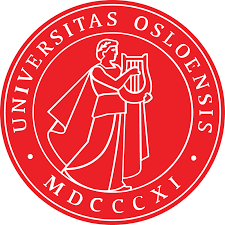Deep Sea
About the project
The deep sea is one of the last largely unknown areas on the Earth. However, due to recent advances in marine technologies, this situation is about to change. The Deep Sea project investigates how innovations in underwater sensors and robots open a new frontier for human exploration, expansion, and exploitation.
The development of underwater sensors and robots is not neutral in its consequences but significantly affects how humans relate to the ocean. These technologies allow exploration of the deep sea for various types of purposes, ranging from underwater cultural heritage, via new sources of food, energy, and minerals, to environmental concerns relating to ocean heating and the imminent loss of marine biodiversity. The Deep Sea project focuses on how underwater sensors and robots make previously unknown territories accessible to human intervention. It combines theoretical and ethnographic investigations of marine technologies in practical use with historical contextualization of the socio-economic imperatives of deep-sea exploration. In addition, it offers a series of creative and artistic interventions that promote ocean literacy.
Today’s ocean science is overwhelmingly dominated by perspectives from the natural sciences and engineering. The Deep Sea project contributes to a more inclusive ocean science by bringing perspectives from the humanities and social sciences to bear on marine technologies. It pursues an interdisciplinary approach, being set up as a collaboration with leading research centers on marine technologies at NTNU.
Project Leaders

Professor, NTNU
Department of Art and Media Studies
aurora.hoel@ntnu.no

Professor, University of Oslo
Department of Philosophy, Classics, History of Arts and Ideas
pasi.valiaho@ifikk.uio.no
The project is funded by The Research Council of Norway for the period of 2023–2027.



